Indigenous Governance Database
natural resource management
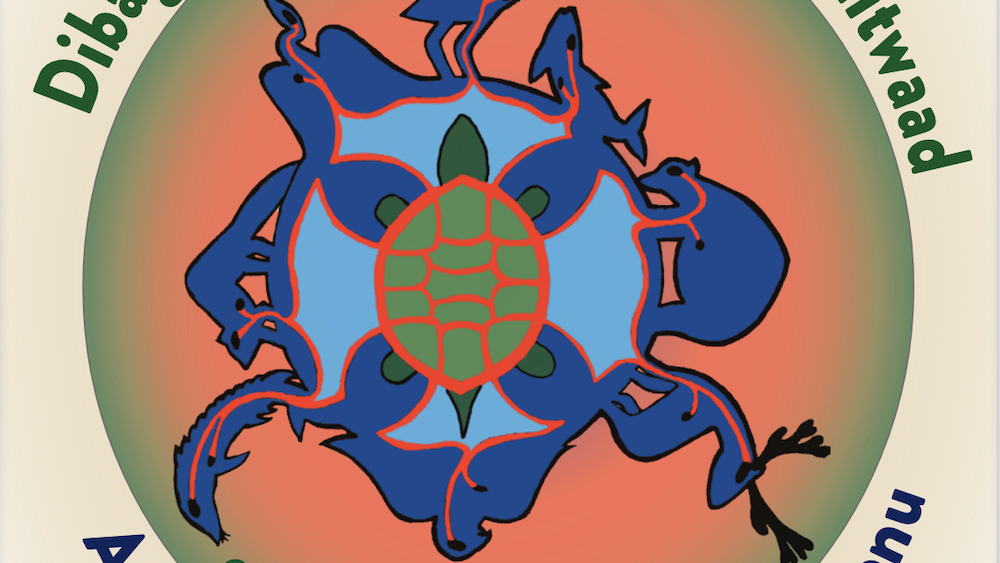
Tribal Climate Adaptation Menu
Climate change has impacted and will continue to impact indigenous peoples, their lifeways and culture, and the natural world upon which they rely, in unpredictable and potentially devastating ways. Many climate adaptation planning tools fail to address the unique needs, values and cultures of…
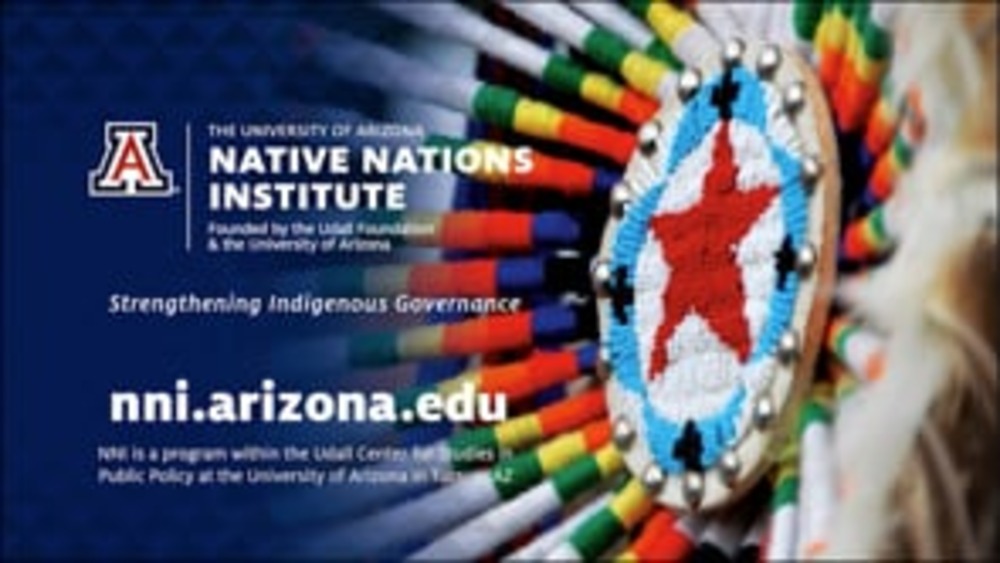
Return of the Red Lake Walleye (Ogaag bii azhe giiwewag)
The Native Nations Institute's film "Return of the Red Lake Walleye" is a 30-minute documentary that tells a compelling story of tribal sovereignty in practice. It chronicles the extraordinary effort of the Red Lake Band of Chippewa Indians -- working together with the State of Minnesota and the…
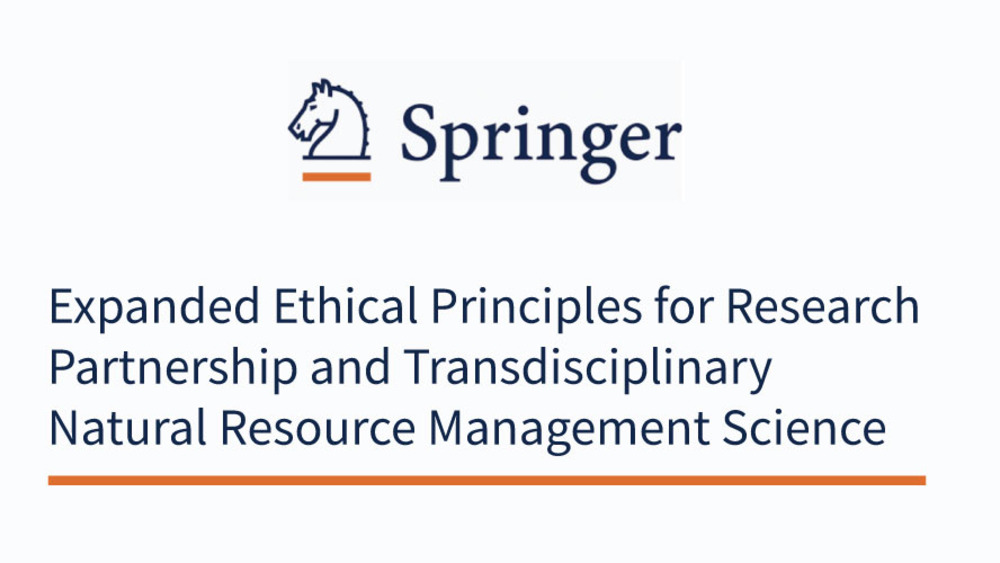
Expanded Ethical Principles for Research Partnership and Transdisciplinary Natural Resource Management Science
Natural resource researchers have long recognized the value of working closely with the managers and communities who depend on, steward, and impact ecosystems. These partnerships take various forms, including co-production and transdisciplinary research approaches, which integrate multiple…
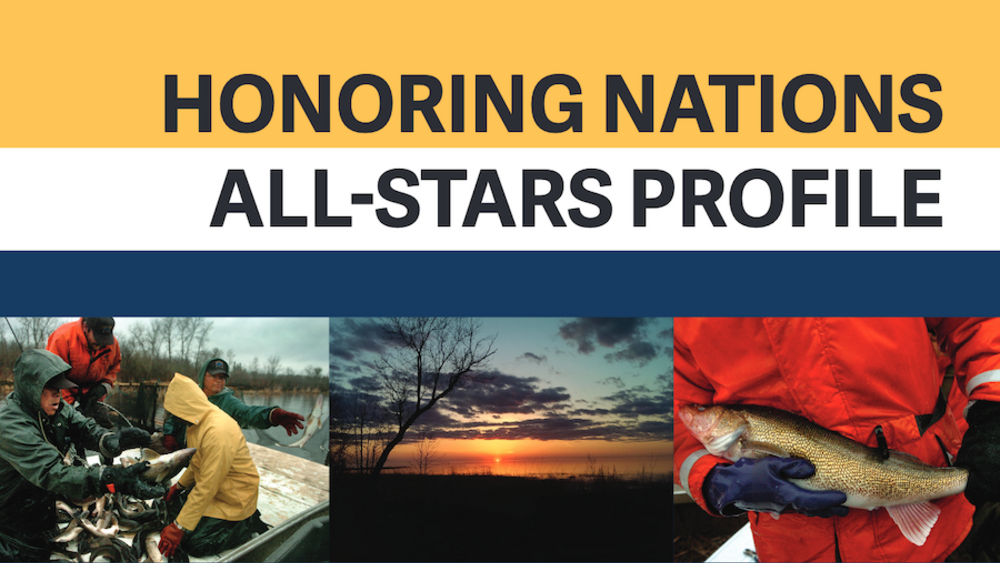
Honoring Nations All-Stars Profile: The Red Lake Walleye Recovery Program
In 1997, the members of the Red Lake Fisheries Association (RLFA), a cooperative established by com-mercial fishermen from the Red Lake Nation,1 voted to discontinue all commercial gillnet fishing on Red Lake for the upcoming season. An overwhelming majority of the RLFA’s members supported the…
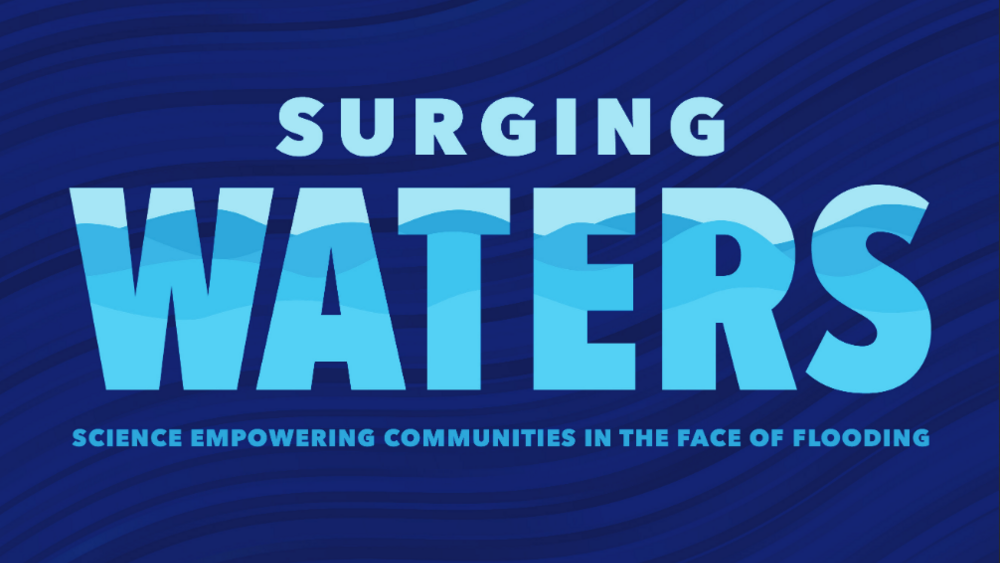
Surging Waters: Science Empowering Communities in the Face of Flooding
Surging Waters: Science Empowering Communities in the Face of Flooding is a report produced by AGU, a global not-for-profit scientific society dedicated to advancing the Earth and space sciences for the benefit of humanity. The report is reviewed by leading experts in these fields. From devastating…
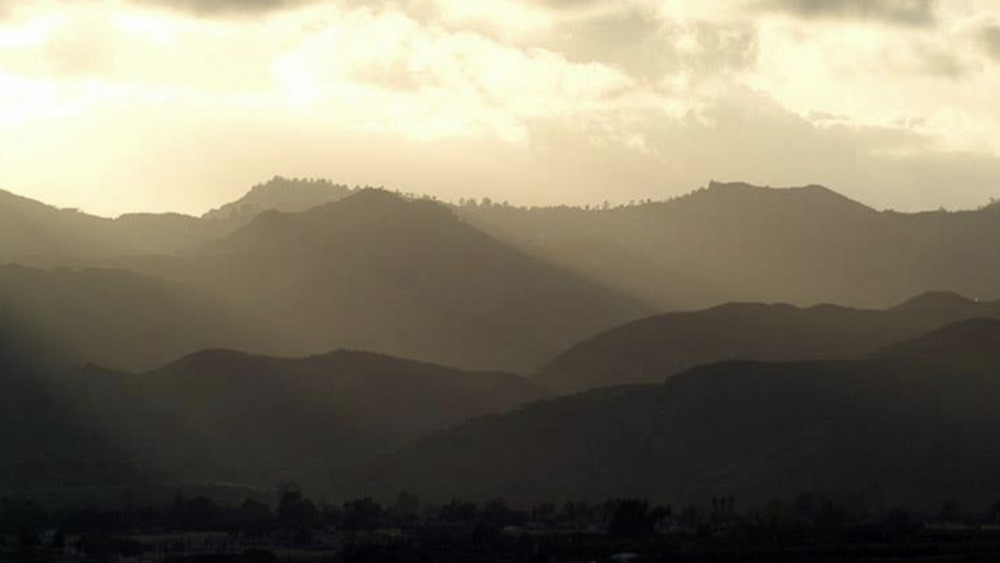
Chemşhúun Pe'ícháachuqeli (When our Hearts are Happy): A Tribal Psychosocial Climate Resilience Framework
Tribes are keenly aware of the interconnection between health, nature, and personal wellbeing. Leading experts in climate change and wellbeing are increasingly encouraging communities to be proactive about protecting and building psychological, social, cultural, and spiritual wellbeing. Often…
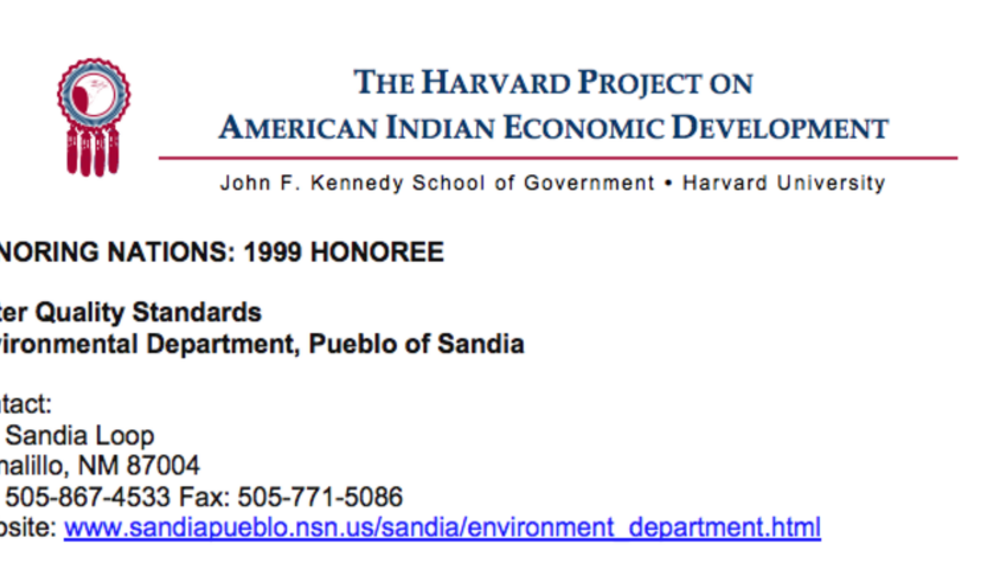
Water Quality Standards (Sandia)
Responding to the severe contamination of the Rio Grande River that threatens human health and ceremonial uses of the water, the Pueblo was awarded "treatment as state" status in 1990. Subsequently, the Pueblo developed and implemented US EPA approved water quality standards that give it control…
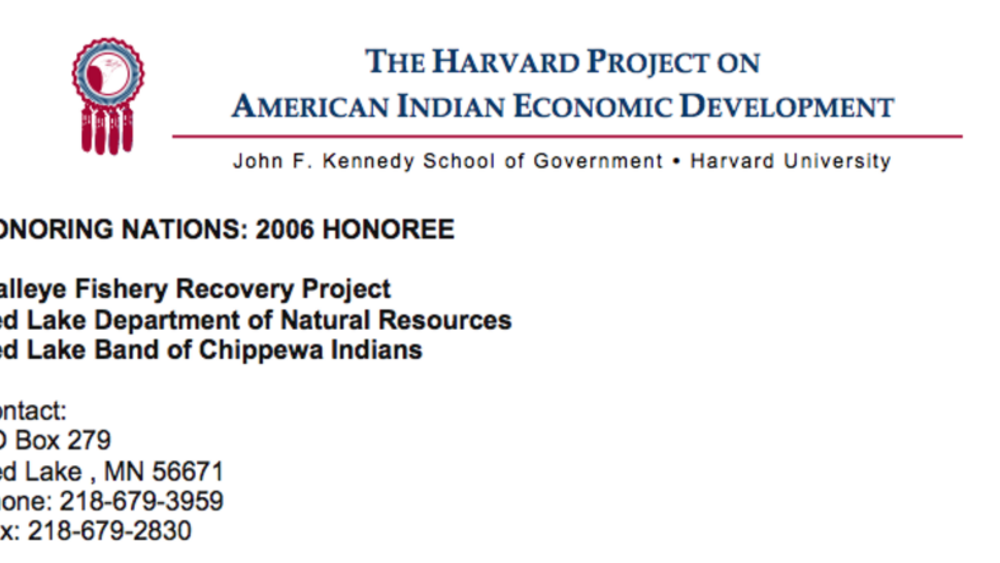
Red Lake Walleye Recovery Project
Clearly demonstrating that tribal nations not only have the ability to make large scale achievements in resource conservation, but that they can do so with unprecedented success, the Red Lake Walleye Fishery Recovery Project has brought the walleye fish population back from virtual extinction to an…
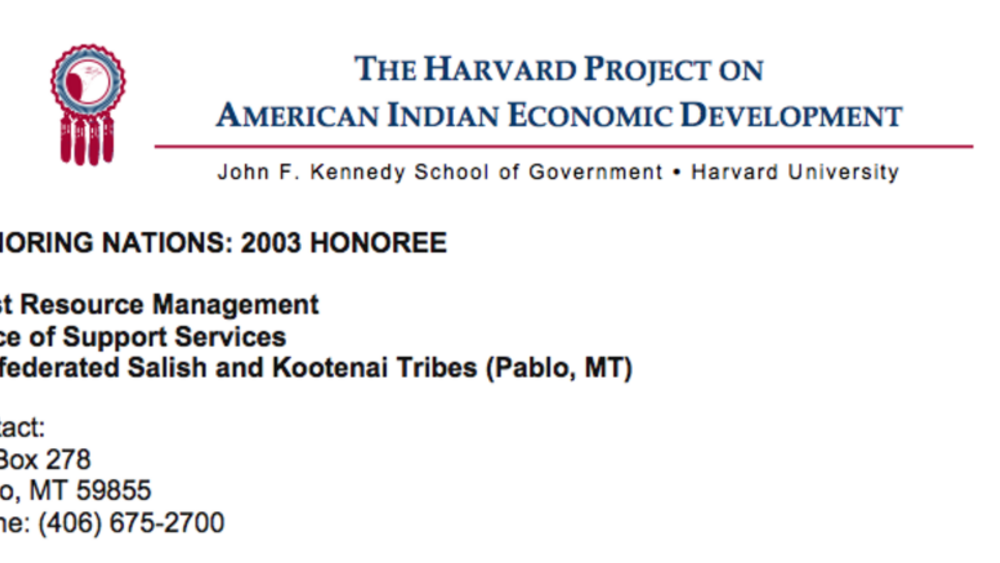
Trust Resource Management (Salish and Kootenai)
For more than three decades, the Confederated Salish and Kootenai Tribes (CSKT) have been building capable governing institutions and taking over management of resources and programs previously managed by outsiders. Recognizing that self-management both allows the tribal government to determine its…
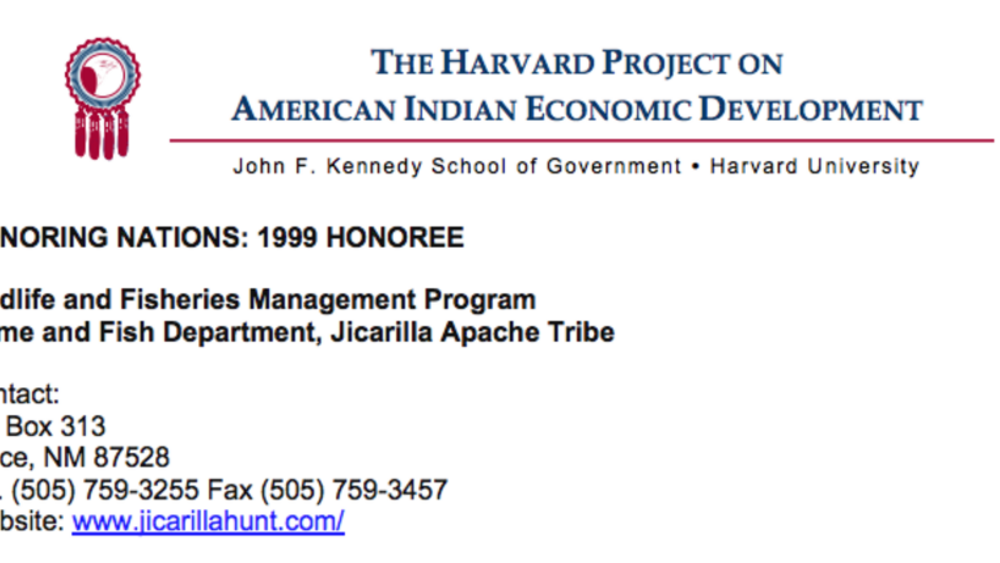
Jicarilla Apache's Wildlife and Fisheries Management Program
Recognized by state game and fish agencies as being one of the best of its kind, JGFD’s program includes a game and fish code and a wildlife management fund for habitat enhancement projects. The program restored the reservation’s mule deer population and trophy trout, and established a commercial…
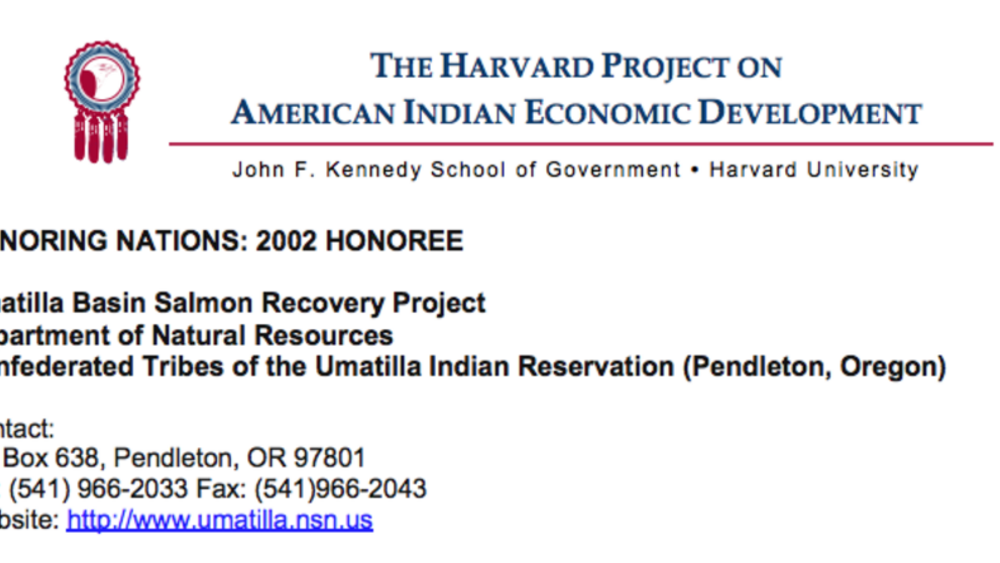
Umatilla Basin Salmon Recovery Project
The Umatilla Basin Salmon Recovery Project has successfully restored salmon to the Umatilla River, where they had been absent for nearly 70 years, while also protecting the local irrigated agriculture economy. Partnering with local irrigators and community leaders, the tribe undertook a…
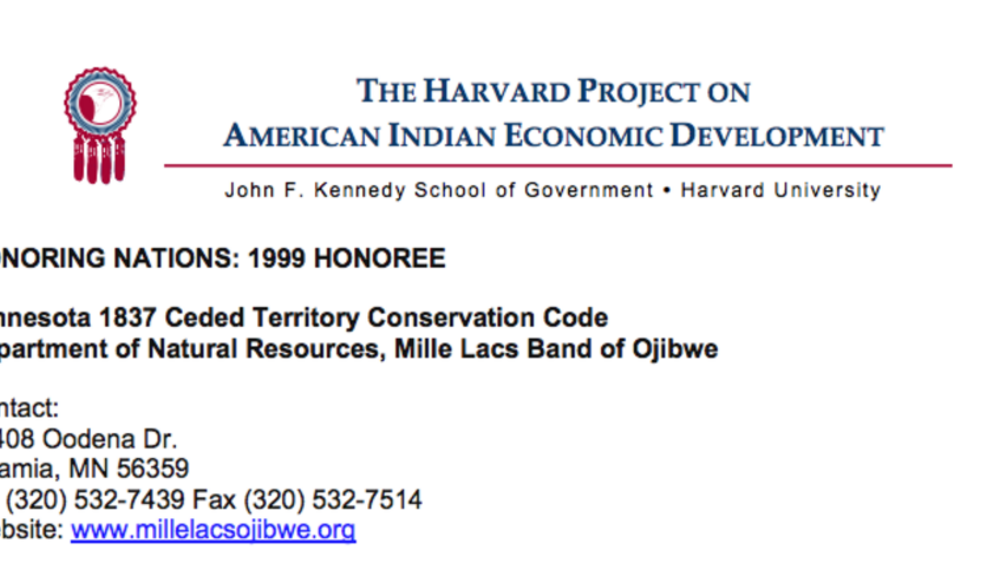
Minnesota 1837 Ceded Territory Conservation Code (Mille Lacs)
In 1997, the Band successfully developed a conservation code that enables the Tribe to exercise its treaty rights to hunt, fish, and gather. The Code sets out detailed hunting and fishing regulations for Band members that protect the natural resources while allowing for the continuation of…
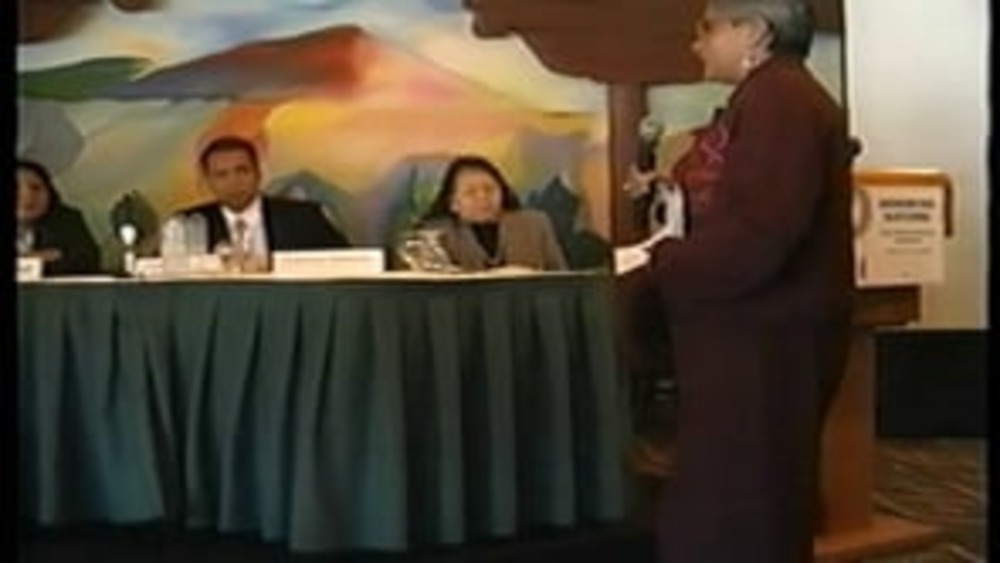
Honoring Nations: The Politics of Change - Internal Barriers, Opportunities and Lessons for Improving Government Performance
Moderator JoAnn Chase facilitates a wide-ranging discussion by a panel of Native nation leaders and key decision-makers about internal barriers inhibiting good governance and opportunities and lessons for improving government performance in Native nations.

Honoring Nations: Jon Cooley: Building Capable Institutions of Self-Governance: White Mountain Apache Wildlife and Recreation Program
Jon Cooley, former director of the White Mountain Apache Tribe's Wildlife and Outdoor Recreation division, discusses how their program went about building capable institutions of self-governance in order to manage the Tribe's natural resources -- specifically wildlife -- in a sustainable manner.
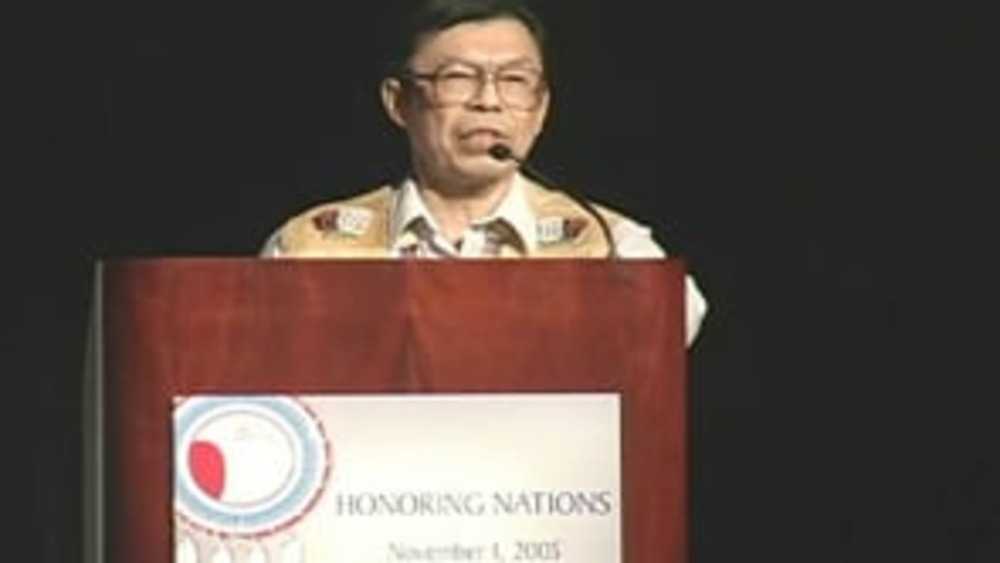
Honoring Nations: Peter Captain, Sr., James Landlord, Pat Sweetsir, and Clarence Alexander: The Yukon River Inter-Tribal Watershed Council
Representatives of the Yukon River Inter-Tribal Watershed Council present an overview of the Council's work to the Honoring Nations Board of Governors in conjunction with the 2005 Honoring Nations Awards.
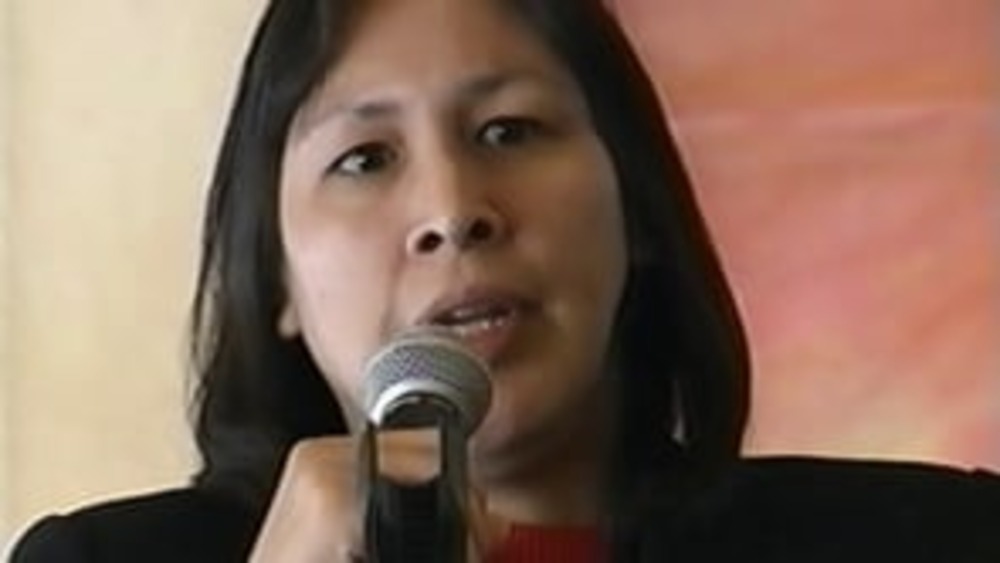
Honoring Nations: Theresa Clark: Yukaana Development Corporation
Theresa Clark of the Yukaana Development Corporation (YDC) in Alaska describes the environmental catastrophe that prompted YDC's establishment and how YDC is working to build the capacity of its own people to do the important work that YDC does.
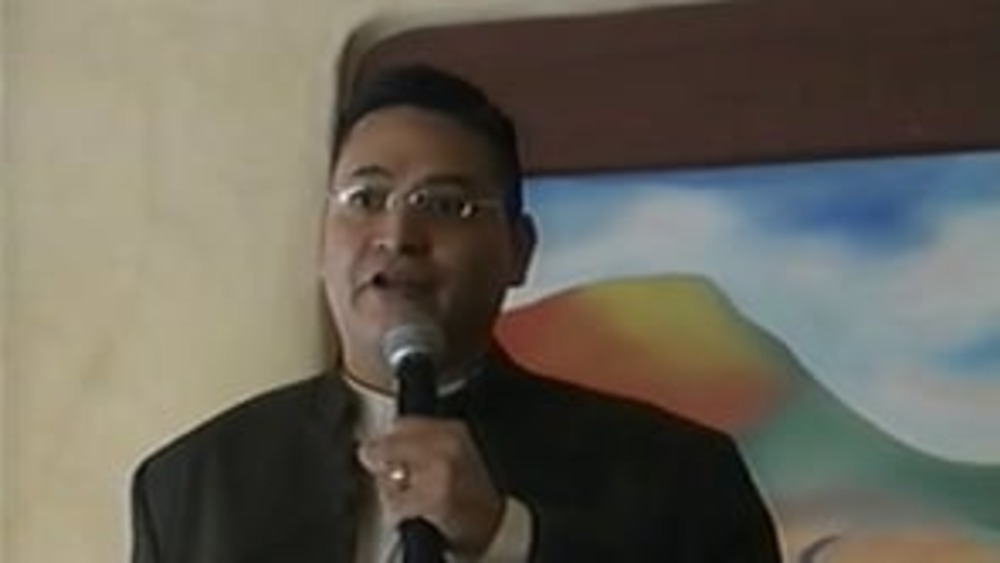
Honoring Nations: Aaron Miles: Idaho Gray Wolf Recovery Program
Aaron Miles, Natural Resource Manager for the Nez Perce Tribe, shares the progress of the Idaho Gray Wolf Recovery Program and talks about how the program hopefully will begin to seed a change in the mindset among those human beings who share the wolves' environment.
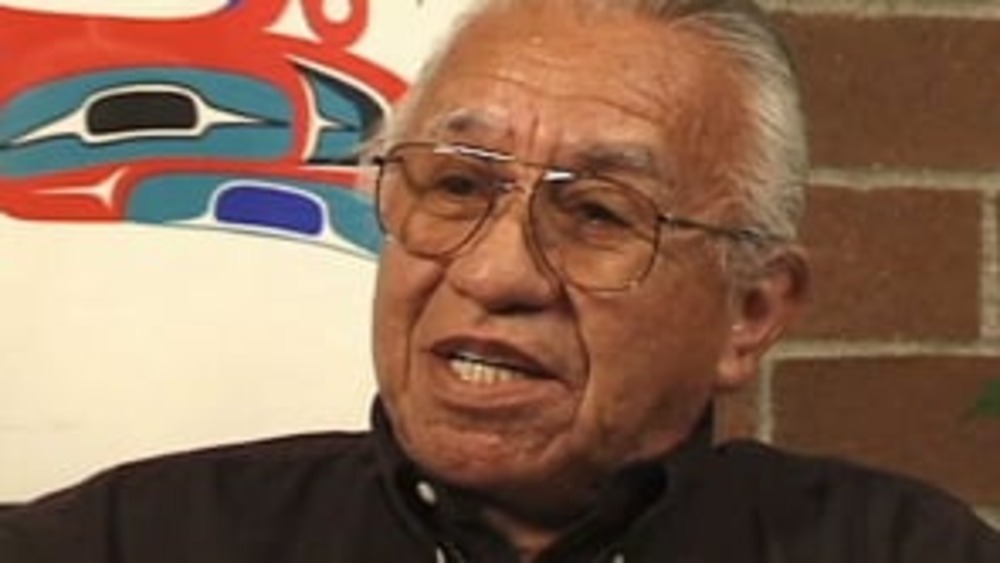
Great Tribal Leaders of Modern Times: Billy Frank, Jr.
Produced by the Institute for Tribal Government at Portland State University in 2004, the "Great Tribal Leaders of Modern Times" interview series presents the oral histories of contemporary tribal leaders who have been active in the struggle for tribal sovereignty, self-determination, and treaty…
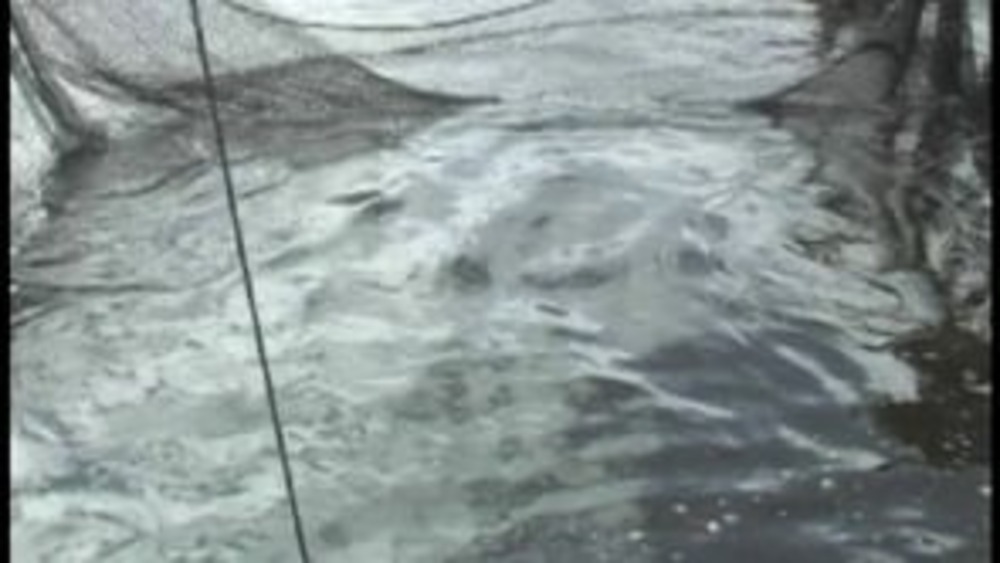
Maamakaadenbaagwad (it is amazing): The Miracle of the Walleye
This video, produced by the Red Lake Department of Natural Resources and the youth at Project Preserve, explains the history and progress of the Red Lake Walleye recovery program.
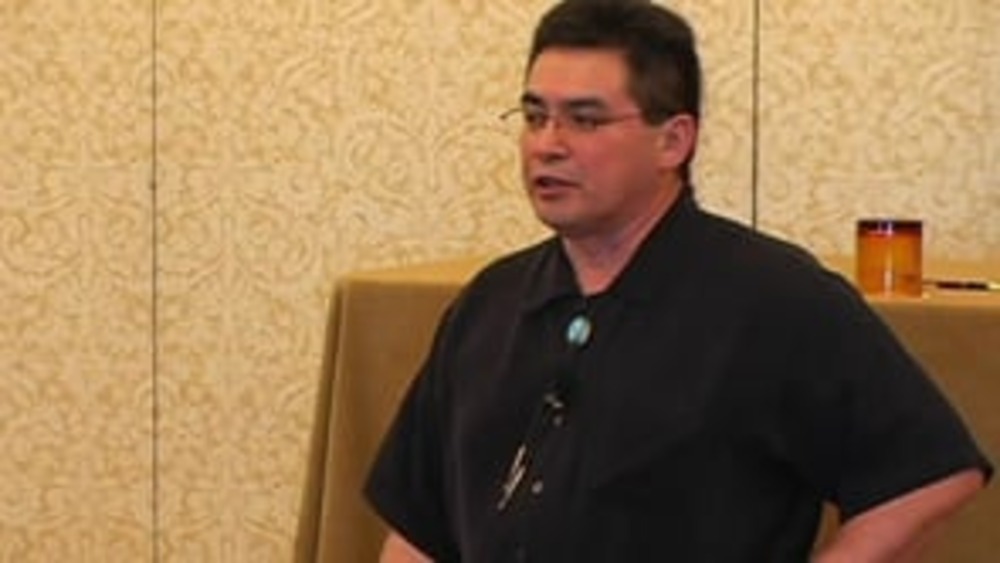
From the Rebuilding Native Nations Course Series: "The Benefits of Intergovernmental Relations"
Former Nez Perce Tribal Treasurer Jaime Pinkham discusses the concrete benefits of engaging in intergovernmental relations for Native nations.
